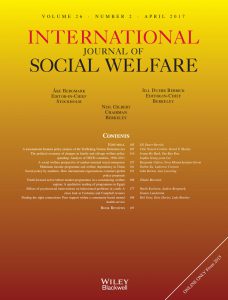"Acceptable" Language in Video Games
 by bmckernan
by bmckernan
In recent months, software giant Microsoft has come under strong criticism for its censoring of particular “gamertags” on its Xbox Live Service that Microsoft officials consider to contain sexual innuendo. However, as an article on the gaming site Kotaku documents, in practice this has led to the banning of gamertags used by gamers to express their sexual orientation. A recent opinion article by game journalist Mike Fahey on the gaming site Kotaku provides an insightful and engaging account of how Microsoft’s current situation is reflective of the video game industry’s historical struggle with addressing the issue of homosexuality.
As Fahey writes, Microsoft’s censoring on sexually explicit gamertags has led to the banning of many gamertags indicating one’s sexual preference, such as “”theGAYERgamer.” In defending the ban, Microsoft officials have gone on the record as saying that the term “gay” is almost always used pejoratively on their Xbox Live service. Consequently, by making it impossible for gamers to identify themselves with such terms, Microsoft officials assert that they are potentially eliminating one form of harassment from the service.
Fahey’s article illustrates how Microsoft is not the first game company to invoke such a policy. Blizzard, the makers of the massively popular game World of Warcraft faced similar criticisms in 2006 after censoring a player for advertising her guild as “gay and lesbian friendly.” According to an official statement released by Blizzard, the player’s account was censored because her advertisement might cause other players to become abusive towards her.
While these game developers may have the best of intentions in mind, these examples help illustrate how even such seemingly subtle items as what is considered to be “publically acceptable” language may play a normalizing role in society. While it is possible that video game companies such as Microsoft and Blizzard may be attempting to make their virtual worlds as open, inviting, and non-abusive as possible, by prohibiting gamers from identifying themselves as homosexual, gay, or lesbian, they have in a sense controlled the ways in which gamers can express themselves and thus determined what types of identities are considered “acceptable” in public and what kinds of identities must remain hidden from public view.
![]() Ward and Winstanley “Performativity and the recognition and renegotiation of identity”
Ward and Winstanley “Performativity and the recognition and renegotiation of identity”



1540-6237/asset/SSSA_Logo-RGB.jpg?v=1&s=c337bd297fd542da89c4e342754f2e91c5d6302e)

Insightful stuff. I wonder quite how effectively Microsoft and Blizzard can police their users. Gamers are pretty adept at finding ways to spell words they are not supposed to.
How does XBox know that the term “gay” is being used pejoratively? Are they recording online dialog? It is very difficult to determine–from a gamer’s tag–what exactly is the intended value attached (positive or negative).
In addition to Phil’s point (gamers are indeed creative!), the dialog of gamers cannot be censored either. I think that can be much worse than a tag, in terms of creating an abusive community.
Thanks for a post that got me thinking this morning.
Keri